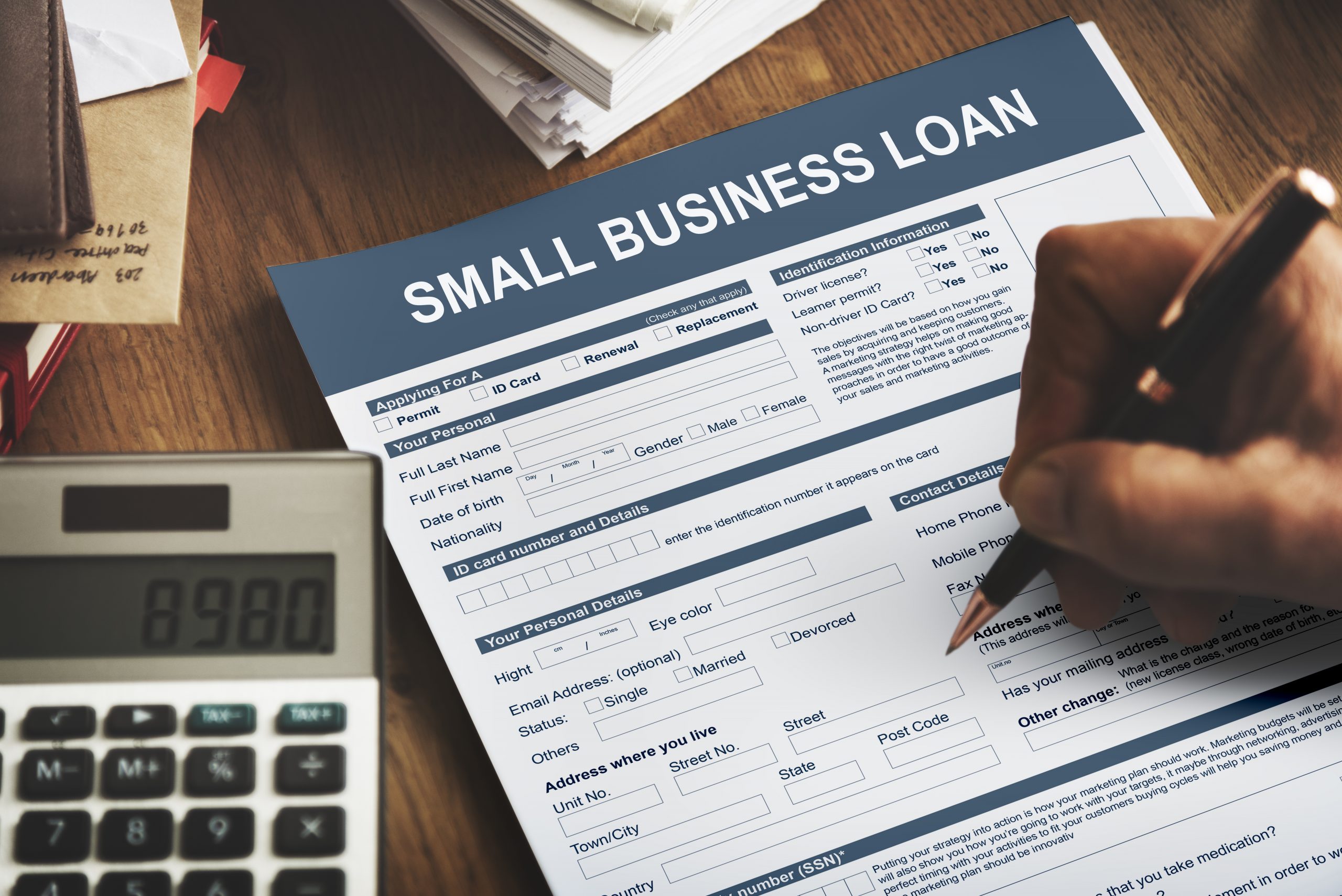There are several good reasons why you would want to consolidate your credit card debt. You may have recently seen your credit report and feel like your credit spending is out of control. Perhaps you attended a seminar on fiscal responsibility and you’re making the effort to get organized. Or maybe you just want to get all your debt in one place (ideally the one with the least amount of interest). Whatever the reason is, here are six ways you can get your debt under control and start successfully managing your finances.
Unsecured Bank Loan
If you have a good relationship with your bank, speak to a loan officer about taking out a personal loan to pay off your debt. A personal loan is an unsecured loan, which mean you don’t offer the bank any assets as collateral against the loan. These loans rely mainly on your credit score, a number that is determined by one of the big three credit bureaus based on your current credit history. If you have a high credit score, chances are the bank will give you the loan. Bank loans usually have a much lower interest rate than credit cards, making them an attractive solution to consolidate your credit card debt. However, failing to repay the loan on time will affect your credit score, which could hamper future opportunities for bank loans, including car loans and mortgages.
Secured Bank Loan
This type of bank loan requires you to put up assets as collateral against the loan. Your car and your home are two examples of the types of assets the bank would accept. A secured loan typically has a lower interest rate, making it a more affordable solution. This is a good option if you know you’ll be acquiring a significant sum of money in the near future, such as a tax return or retirement bonus. But beware – if you default on the loan, the bank may take possession your assets, which could be worse for you than high interest rates.
Home Equity Line of Credit
If you’ve been a home owner for a while and have been making mortgage payments regularly, consider opening up a home equity line of credit. It’s a secured loan, where the collateral the bank accepts is equity in your home. Similar to a credit card, a home equity line of credit is a cash amount you can withdraw against the value of your home. The bank then has equity in your home up to the amount of credit. This can be risky, though. If you don’t repay the loan on time, the bank could foreclose on your home.
Personal Loan
If you have friends and relatives with whom money is not a point of contention, ask them for a loan so you can consolidate your credit card debt. Explain to them that you’re looking to take control of your finances, and that an interest-free loan would be a great help. Present them with a repayment schedule and stick to it diligently. Remember, you’re relying on their good will; don’t take it for granted.
Balance Transfer Card
Some credit cards offer a 0% fee if you’re transferring the balance from a different credit card. This incentive is used specifically for debt consolidation and is sometimes called a balance transfer credit card. Read the terms of these credit cards carefully. They may start off with low interest and no fees, but that could change suddenly.
Retirement Account or Insurance Policy
You may be able to take out a debt consolidation loan from your 401k or IRA, but only do this if you have no other recourse. The money in these accounts is meant for you to live on after you stop working. Retirement accounts have steep penalties for early withdrawals, and if you don’t pay it back in time, usually within five years, those penalties will be assessed against your account. Likewise, taking a loan from an insurance policy means that if you die before the loan is repaid, it will be deducted from the survivor benefits. Which means if you take a loan for the full amount of the policy, your beneficiaries won’t receive any benefits from the policy.
Debt Management/Credit Counseling
There are many for-profit and non-profit organizations that can help you with your debt consolidation. These organizations offer classes, personal sessions, and email tutorials and other ways to help give you the tools you need to get your finances in order. They are especially good at teaching you how to build and stick to a budget within your means that can help prevent you from getting into the same situation in the future. Look for a debt management company that is willing to negotiate with your credit card companies and other debtors on your behalf to lower your debt in exchange for paying off the balance all at once, or one that can renegotiate the monthly payment you’re required to make to something more manageable. The downside is that these companies take a fee for their services.
Once you’ve consolidated your debt into one manageable loan, remove the temptation of falling back into debt by getting rid of the credit cards that you don’t need anymore. Either change them for cards that offer a much lower interest rate, or cancel the credit card accounts entirely. If you decide to work with a debt management company, they may require you to cancel your credit cards as a requirement for working with them. See if you can lower the credit limit on the cards you’re keeping so that you can’t spend as much.
Debt consolidation doesn’t mean you’re reducing your debt load. It means that you don’t have to make more than one payment for the sum total of your debt. It gives you a single number that is easier to work with. Whichever credit card debt consolidation solutions you choose, there are some basic guidelines everyone should follow. Don’t consolidate your loans just to wind up paying a higher interest rate. Don’t fall into the same spending habits that got you into this situation in the first place. Stick to your commitment to yourself to live financially responsible from now on.





